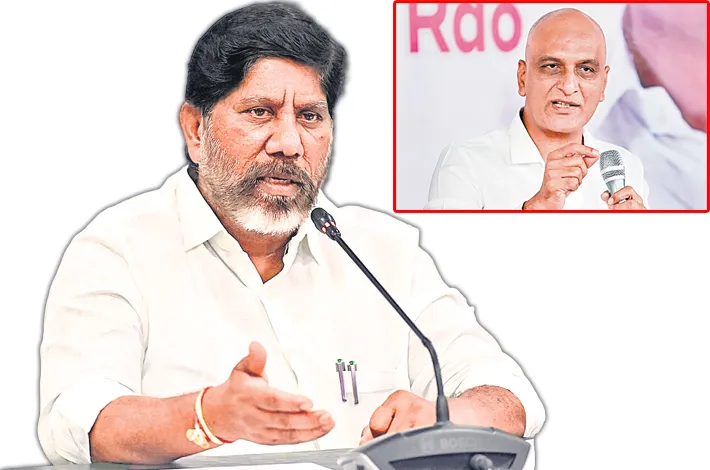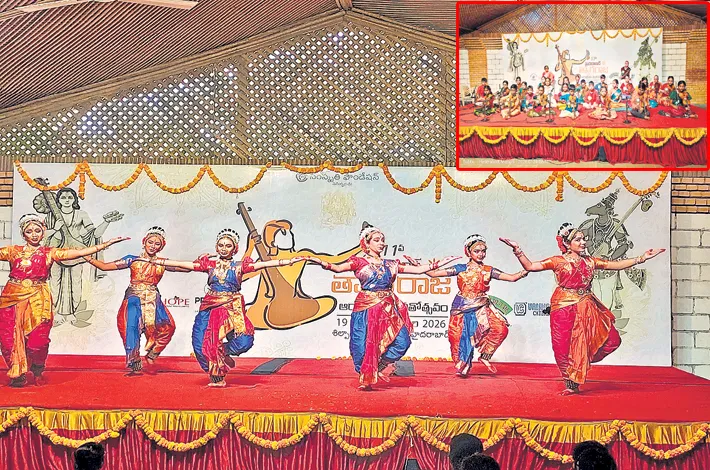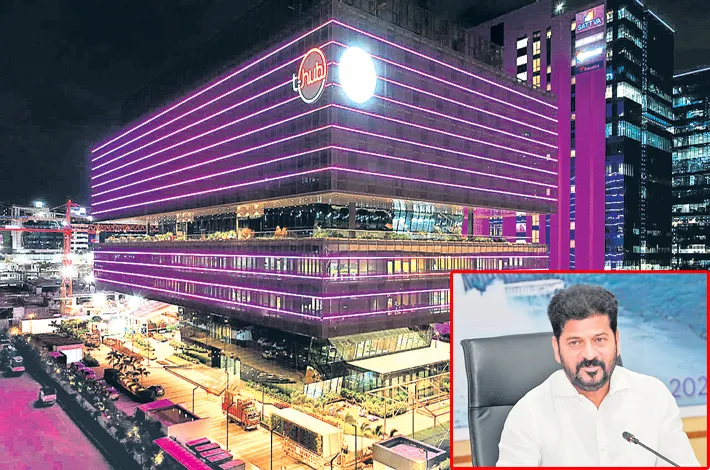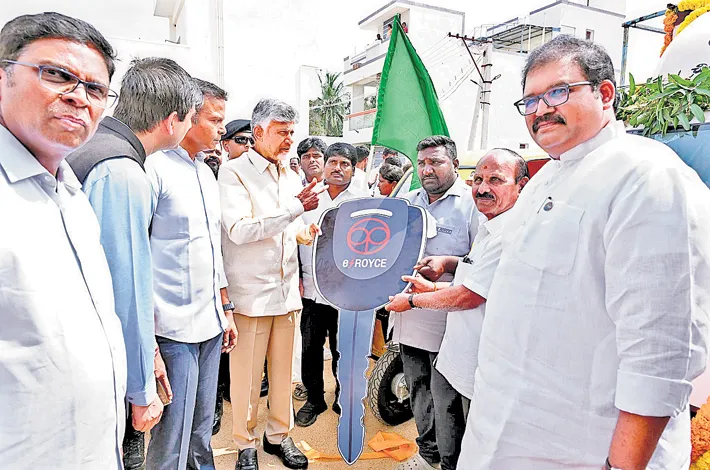Dr. Prabhakar Parkala issues stark warning-Boycott 'rigged' elections or risk irrelevance
15-11-2025 12:00:00 AM

Dr. Parkala's prescription isn't born in a vacuum. India's democracy, once hailed as the world's largest, has been under siege from what he terms "institutional capture." Drawing on economic parallels, he likened electoral fraud to market manipulation
In a blistering critique of India's electoral landscape, renowned political analyst and economist Dr. Prabhakar Parkala has issued a dire forewarning to the country's fractured opposition parties: boycott every poll that reeks of manipulation, or face political oblivion. Speaking at a packed seminar on democratic backsliding hosted by the Centre for Policy Research here today, Dr. Parkala didn't mince words. "The opposition's participation in tainted elections is not just complicity—it's suicide," he thundered, his voice echoing through the auditorium. "If you can't ensure a free and fair fight, don't show up at all. Walk away, expose the rot, and rebuild from the streets."
Dr. Parkala, an Oxford-educated economist who has advised multiple state governments on fiscal policy and authored seminal works like The Erosion of the Ballot (2022), has long been a thorn in the side of complacency in Indian politics. His career spans academia at the Indian Institute of Management Ahmedabad, where he chaired the public policy department until 2020, and high-stakes consulting for international bodies like the World Bank on governance reforms.
But it's his unapologetic commentary on electoral integrity that has cemented his reputation as a Cassandra of democracy. In the wake of the contentious 2024 Lok Sabha polls—marred by allegations of EVM tampering, voter suppression in minority-heavy constituencies, and unprecedented delays in result announcements—Dr. Parkala's call feels less like hyperbole and more like a last-ditch manifesto for survival.
The seminar, titled "Elections Without Choice: India's Democratic Reckoning," drew over 300 attendees, including journalists, activists, and mid-level politicians from across the spectrum. It came on the heels of a damning report by the Election Commission of India (ECI) watchdog group, Citizens for Free Elections, which documented irregularities in 28% of assembly constituencies during recent bypolls.
"We've seen it all: booth capturing 2.0 via digital sleight of hand, selective enforcement of the Model Code of Conduct, and a media ecosystem that's more echo chamber than watchdog," Dr. Parkala elaborated in an exclusive interview with this correspondent post-event. "The opposition's strategy of 'fight from within' has only legitimized the farce. Boycotting isn't retreat; it's a thunderclap that forces accountability."
His remarks landed like a grenade in an already volatile political tinderbox. The Indian National Congress, the largest opposition bloc, has been reeling from internal schisms and a string of electoral drubbings. Party spokesperson Pawan Khera responded cautiously, saying, "Dr. Parkala's passion for democracy is admirable, but boycotts must be strategic, not knee-jerk. We've raised these issues in Parliament and courts—escalation could disenfranchise millions." Yet, whispers from Congress insiders suggest unease; a senior leader, speaking off the record, admitted, "He's right. Our 2024 postmortem showed we lost not just votes, but faith. Another rigged round, and we're ghosts."
Not all reactions were tempered. The Aam Aadmi Party (AAP), buoyed by its Delhi strongholds but eyeing national expansion, dismissed the idea outright. "Boycotts handed power to dictators in history—think 1977 Emergency," quipped AAP's national convener Arvind Kejriwal via a late-evening tweet. "We fight smart: tech audits, voter mobilization, legal battles. Surrender isn't our style." Meanwhile, regional heavyweights like the Trinamool Congress (TMC) in West Bengal and the Dravida Munnetra Kazhagam (DMK) in Tamil Nadu offered nuanced support. TMC's fiery MP Mahua Moitra, known for her parliamentary takedowns, posted on X: "Parkala nails it. We've boycotted local polls before when the BJP's goons ran amok. Time for a national pact—boycott or bust."
Dr. Parkala's prescription isn't born in a vacuum. India's democracy, once hailed as the world's largest, has been under siege from what he terms "institutional capture." Drawing on economic parallels, he likened electoral fraud to market manipulation: "Just as insider trading erodes investor confidence, rigged votes hollow out the mandate. The GDP of trust in our system is contracting at 5% annually—opposition complicity accelerates the freefall."
His data-backed analysis, projected on screens during the seminar, painted a grim picture: a 15% drop in voter turnout in urban India since 2019, correlated with rising perceptions of bias in the ECI; over 1,200 unresolved complaints of malfeasance from the 2024 general elections; and a judiciary overburdened, with electoral petitions languishing for years.
Economically, the stakes are existential. Dr. Parkala, whose doctoral thesis explored fiscal federalism, warned that electoral illegitimacy breeds policy paralysis. "Unfair wins mean unaccountable governance—think stalled reforms, crony contracts, and inequality on steroids. The opposition's boycott could trigger a 'credibility recession,' forcing mid-term resets." He cited Bangladesh's 2024 uprising, where opposition abstention from "managed" polls sparked mass protests leading to regime change, as a cautionary blueprint. "India isn't Bangladesh, but the fault lines are cracking. Silence now is consent."
Dr. Parkala remains unflinching. "History judges the timid, not the bold," he said, invoking Gandhi's salt march—a boycott that toppled an empire. As the seminar dispersed into the humid Delhi dusk, conversations buzzed with possibility. Could this spark an "Opposition Accord," a unified front pledging selective abstention? Early signs are mixed: a virtual huddle of 15 party leaders is slated for next week, per sources.
In the end, Dr. Parkala's warning isn't just tactical—it's philosophical. Democracy, he argues, thrives on disruption, not deference. As India hurtles toward state polls in Bihar and Maharashtra next year, the opposition faces a fork: play the rigged game and fade, or boycott and blaze a new path. The ballot box may be compromised, but the people's will? That's the wildcard Dr. Parkala is betting on.








